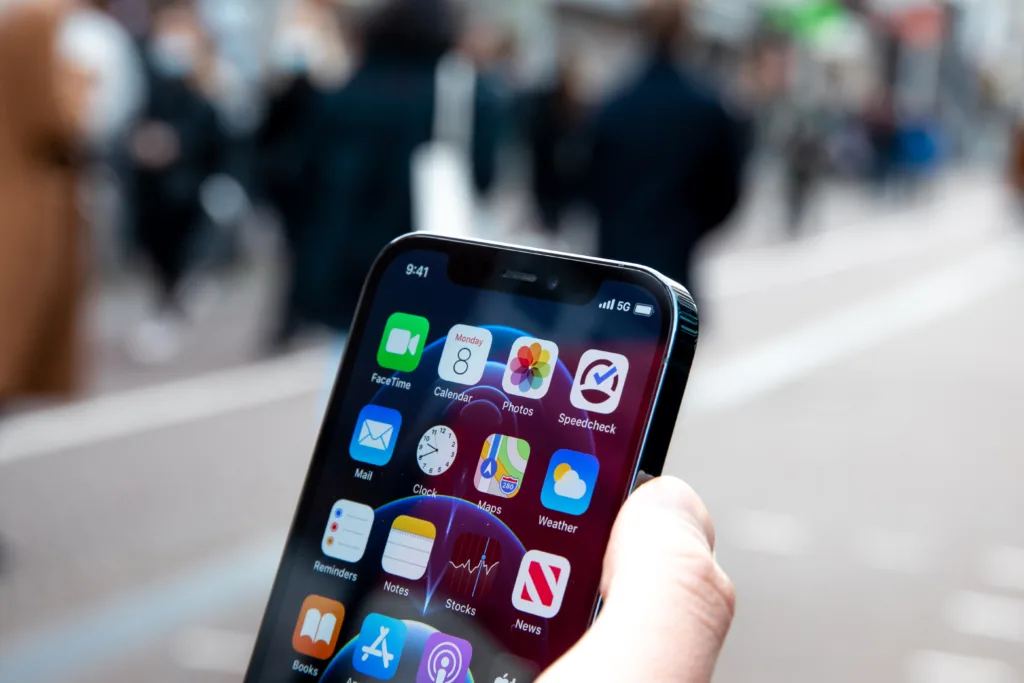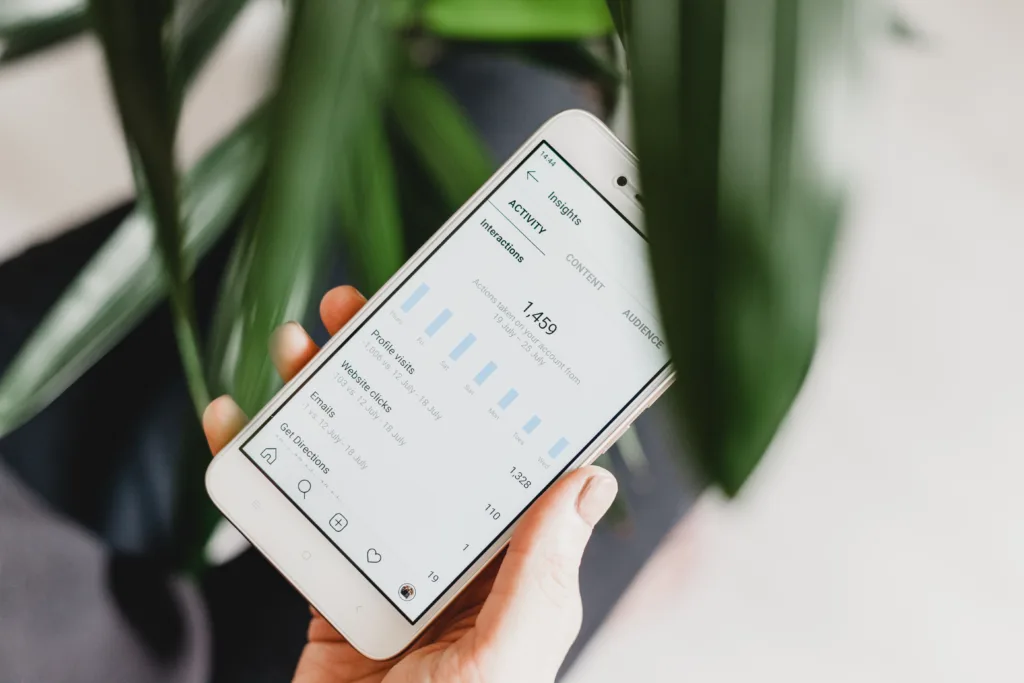Mobile phones have become an essential part of our lives, and with the increasing dependency on them, it is important to manage our phone’s data usage. Cellular data is the internet connectivity provided by mobile network providers. It allows us to access the internet on the go, without the need for a Wi-Fi network. However, the question remains – should cellular data be on or off?
Keeping cellular data on all the time can drain your phone’s battery faster than if it was off. This is because your phone is constantly searching for a signal, which consumes more power. If you’re in an area with poor signal, your phone will consume even more power while searching. Therefore, turning off cellular data when you’re not using it can help conserve battery life.
Another reason to turn off cellular data is to manage your data usage. Many mobile network providers offer limited data plans, which means that you pay for every bit of data you use. This can be costly if you’re not careful. By turning off cellular data when you’re not using it, you can save on your data usage and avoid exceeding your data limits and incurring extra charges.
However, turning off cellular data means that you cannot access the internet unles you’re connected to a Wi-Fi network. This can be inconvenient when you’re on the go and need to access the internet for important tasks. Therefore, it is essential to strike a balance between conserving battery life and managing your data usage.
To manage your data usage effectively, you can turn off cellular data for individual apps that consume a lot of data. For instance, social media apps, video streaming apps, and music streaming apps use a significant amount of data. By turning off cellular data for these apps, you can avoid unnecessary data usage and save on your data plan.
The decision to turn on or off cellular data depends on your personal preference and needs. If you’re concerned about conserving battery life and managing your data usage, turning off cellular data when you’re not using it can be helpful. However, if you need to access the internet on the go, you may need to keep cellular data on. Ultimately, it is up to you to decide what works best for you and your mobile phone usage.
What Happens If I Turn Cellular Data Off?
When you turn off cellular data on your mobile device, you are disabling the capability of your device to connect to the internet using your cellular network. This means that you will not be able to access the internet or use any apps that require an internet connection unlss you are connected to a Wi-Fi network. However, you will still be able to make and receive phone calls and text messages. Disabling cellular data can help you save on your data plan or prevent your device from using up too much data. It can also improve battery life and reduce the amount of radiation exposure from your device. If you need to use the internet on the go, you can always turn cellular data back on.

Do I Want Cellular Data Off Or On?
Whether you want cellular data on or off depends on your personal preferences and needs. If you want to conserve your phone’s battery life, it is recommended to turn off cellular data when you are not using it. This is because your phone will constantly search for a signal, especially in areas with poor reception, which can drain your battery quickly.
However, if you rely on cellular data to access the internet or use apps while on the go, then it is necessary to keep it on. Turning off cellular data would mean that you can only access the internet and use apps when you are connected to Wi-Fi.
Whether you want cellular data on or off depends on your individual nees and preferences. If you want to conserve battery life, turn it off when you are not using it, but if you need to use it to access the internet or apps, keep it on.
What Happens When You Turn Off Cellular Data On Iphone?
When you turn off cellular data on an iPhone, it means that your device will no longer use your cellular network to connect to the internet or transmit data. Instead, your iPhone will rely solely on Wi-Fi connections for data transfer. This means that you will not be able to access the internet or use any apps that require an internet connection when you’re not connected to Wi-Fi.
However, it’s worth noting that some system services on your iPhone may continue to use cellular data even when cellular data is turned off. These services include things like location services, push notifications, iCloud syncing, and othr background processes that require an internet connection to function properly.
To see which system services are using cellular data on your iPhone, you can go to Settings > Cellular (or Mobile Data) and scroll down to the “System Services” section. From here, you can view a list of all the system services that are currently using cellular data, and you can turn off cellular data for individual services if desired.
Turning off cellular data on your iPhone can be a useful way to conserve battery life and prevent unwanted data charges, but it’s important to be aware of the limitations and potential impact on system services.
What Does Turning On Cellular Data Do?
When you turn on cellular data on your mobile device, it allows you to access the internet using your mobile network provider’s connection. This means that you can browse websites, stream videos, make video calls, and use other online services that require an internet connection, even when you are not connected to Wi-Fi. However, it’s important to note that using cellular data can consume your mobile plan’s data allowance, which may result in additional charges or slowed-down internet speeds if you exceed your plan’s limits.

Conclusion
Cellular data is an essential feature that allows you to access the internet on-the-go using your mobile network provider. However, it can drain your battery quickly if left on for extended periods. By turning off cellular data when not in use, you can conserve battery life and save on data usage costs. You can also monitor your cellular data usage by checking System Services in your phone’s settings. cellular data is a valuable tool that can enhance your mobile experience, but it’s important to use it wisely and efficiently.
